NewsBites
Influential media regularly feature the accomplishments of the School of Management and the expertise of its faculty.
Below is a summary of some of the school’s citations in prominent national and regional media. These placements enhance the school’s national reputation and help brand it as one of the nation’s top business schools.
NPR
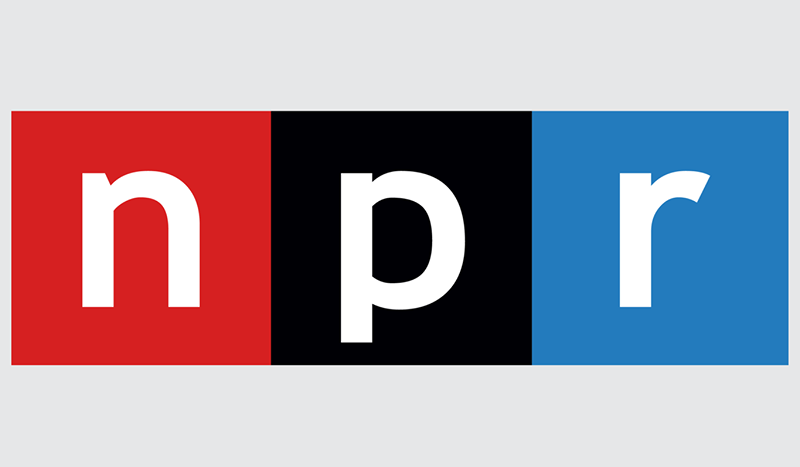
NPR’s Morning Edition interviewed Dominic Sellitto, clinical assistant professor of management science and systems, for a story about how YouTube is asking users to self-report when they post AI-generated videos. Sellitto said he cannot help but compare this approach to the rigor with which YouTube has contained copyright infringement. Songs and videos that get posted without permission are quickly identified with software and taken down. “People can use AI to make fabulous things, but companies will need to rely on more than the honor system to keep its dangers in check,” he said.
The Boston Globe and MSN
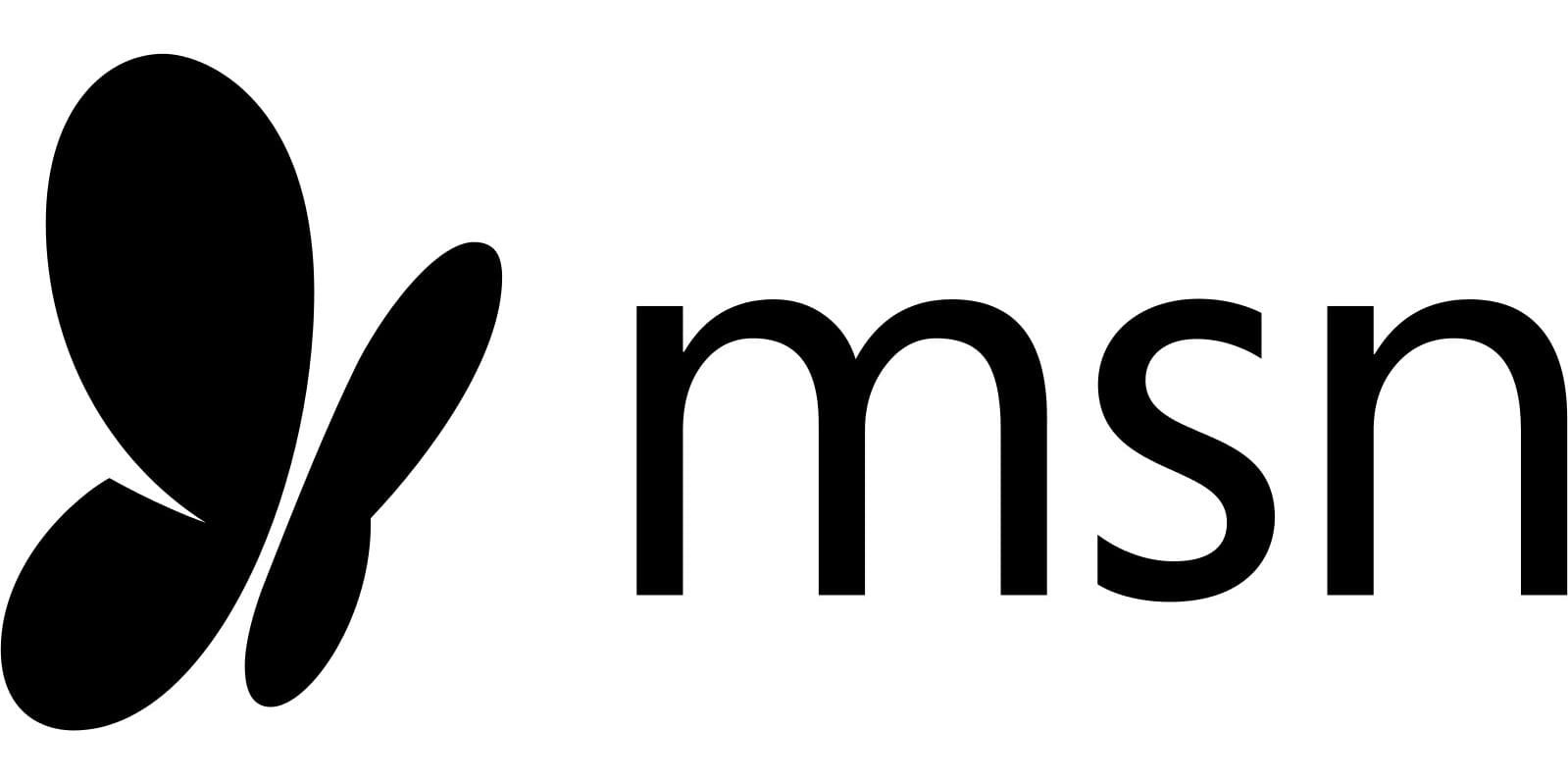

The Boston Globe interviewed James Lemoine, associate professor of organization and human resources, for a story about the firing of Bill Belichick, longtime coach of the New England Patriots. According to Lemoine, grit is an essential leadership trait. But when the mojo fades, it’s tough for the boss to make a graceful exit. “The very same tenacity, stubbornness and refusal to quit that serve NFL coaches so well make it impossible for them to know when it’s time to leave,” he said. The story also appeared on MSN.
CNBC

Michael Krupski, clinical assistant professor of operations management and strategy, was quoted by CNBC in a story discussing how consumers are opting for store-brands over name brands, and it is not just due to cost. Krupski notes that brands like Costco’s Kirkland Signature are “cool” to consumers. “They are providing what feels like an experience beyond what private labels have been able to provide in the past,” he said.
Yahoo! and Engadget
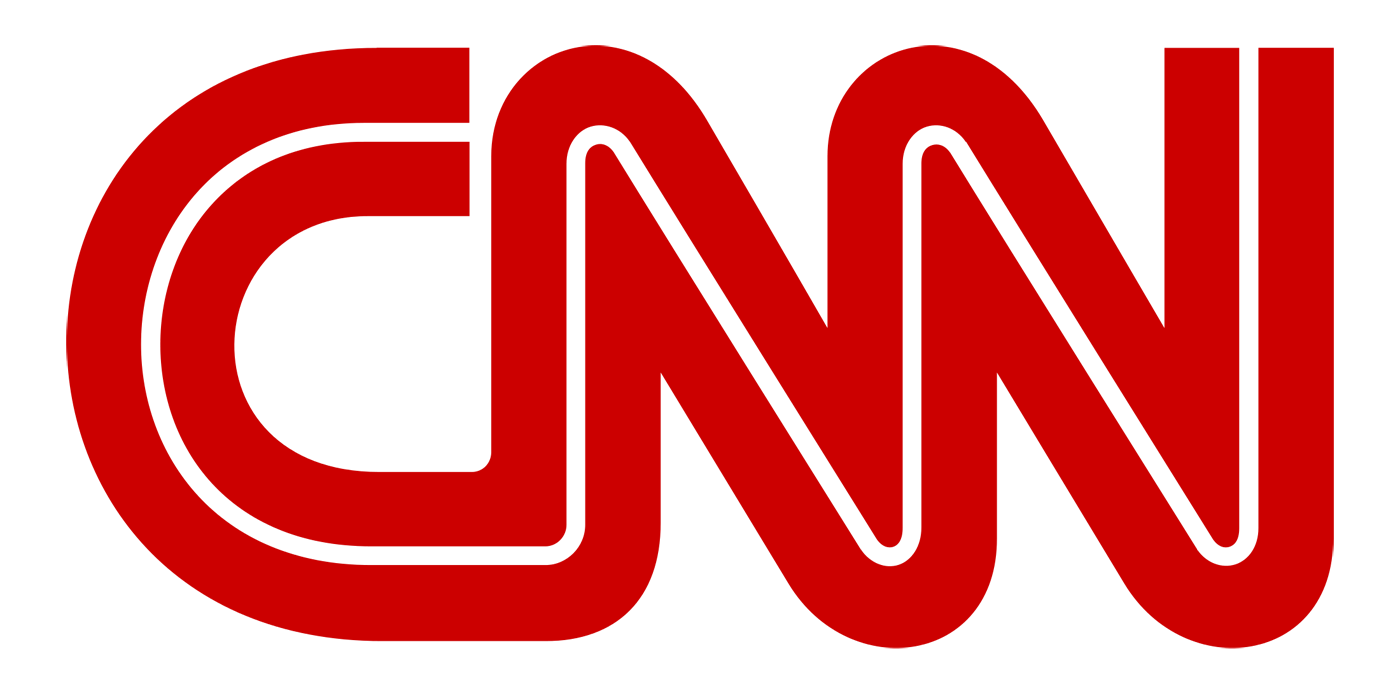
Charles Lindsey, associate professor of marketing, was interviewed by CNN for an article discussing how Starbucks created its own language for ordering coffee. While other brands can try to copy Starbucks’ language and model, Lindsey said, it is hard for them to find success because consumers now mentally attach the sizing and drink types to Starbucks. “If you surveyed 1,000 consumers and asked, ‘What brand do you think of when I say cappuccino or latte?’ I think Starbucks would come to the minds of most U.S. consumers,” he said.
The Wall Street Journal

The Wall Street Journal quoted Michael Dambra, Kenneth W. Colwell Chair and associate professor of accounting and law, in a story about how under securities law, financial reporting information is material if it is relevant to making an investment decision, or if it would affect existing public information about a company. “It’s incredibly gray, and it’s really hard to put a finger on,” he said, referring to materiality.
Good Morning America
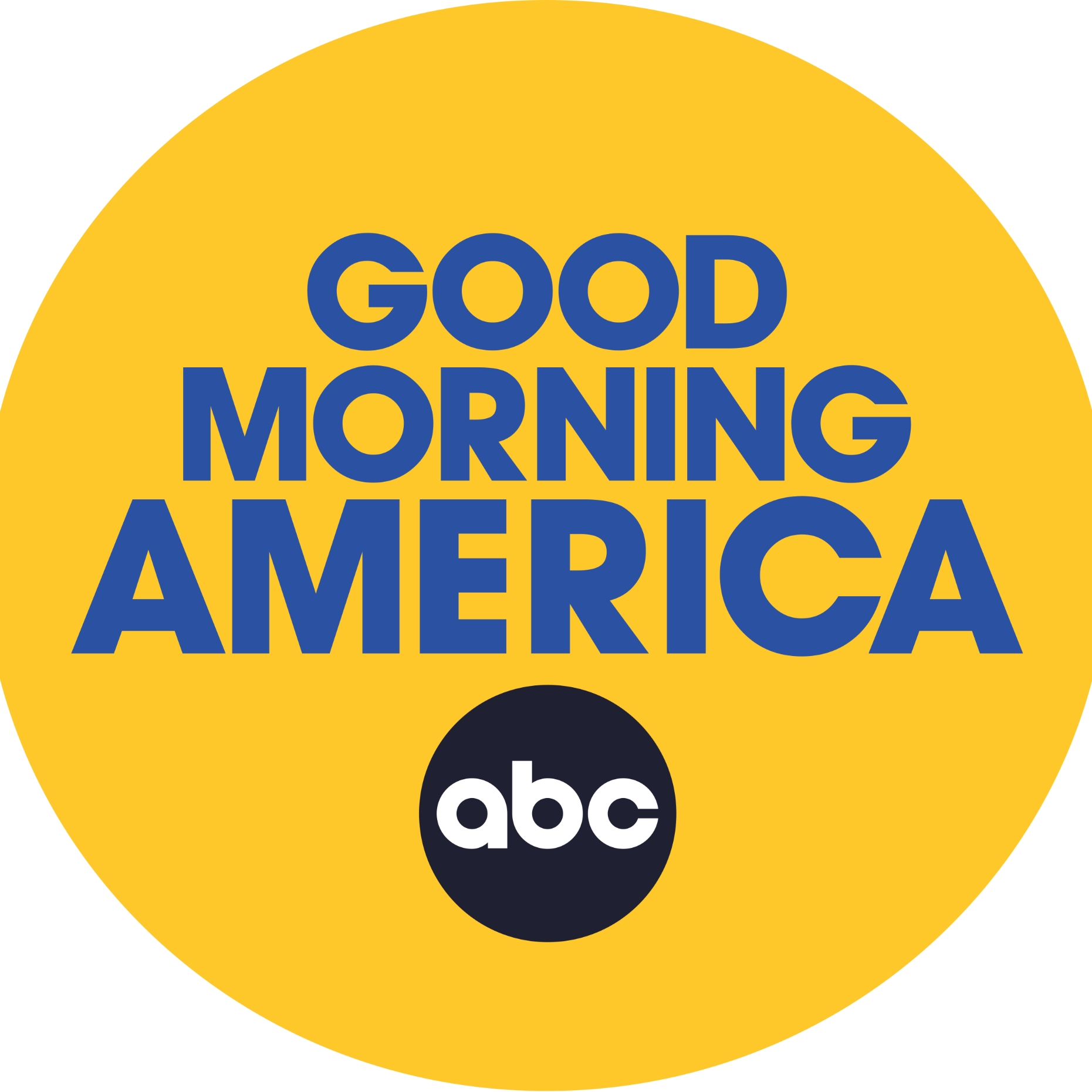
Natalie Simpson, professor of operations strategy and management, appeared on Good Morning America to discuss the task of clearing the shipping lanes to the Port of Baltimore after a cargo ship hit the Francis Scott Key Bridge. When asked about containers with hazardous materials on board, Simpson said that was just one piece of a complex puzzle. “One of the biggest dangers isn’t so much the hazardous materials themselves, but just the stability of that ship and the safety of anybody that’s working around it,” she said.
The Wall Street Journal and CNN

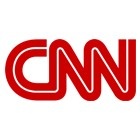
The Wall Street Journal quoted Charles Lindsey, associate professor of marketing, in a story about people spending thousands of dollars to have Stanley tumblers and Lululemon hoodies in different colors. “Each version or color, we get another little boost of dopamine,” he said. Novelty, especially for rare or hard-to-get items, also helps. “There’s a scarcity component,” he said. “That’s a really big driver when it comes to human behavior.” Lindsey also was quoted by CNN about the Stanley tumbler craze.
The New York Times

The New York Times quoted Jennifer Wu, clinical assistant professor of finance, for a story about a coalition of four Catholic nun congregations who filed a lawsuit filed against the gun maker Smith & Wesson, saying the company has put shareholders at risk in the way it makes, markets and sells its AR-15-style rifle. Wu said the coalition’s 1,000 shares was a “very, very small” amount of the 46 million outstanding shares of Smith & Wesson. “To actually make this shareholder activism work, this nun group needs to get support from other investment groups,” she said.
Bloomberg

Bloomberg reports there is a shortage of public accountants and companies are beginning to pay the price. Joshua Khavis, assistant professor of accounting and law, notes the situation means accountants’ hours and workloads can be grueling, upping the odds of mistakes and burnout. “If the people preparing the financials are overworked, or there’s not enough of them, you will have errors,” he said.
Buffalo Business First

Buffalo Business First reports UB will be playing a crucial role in the region’s efforts to establish a semiconductor superhighway. UB will lead the proposed Supply Chain Activation Network project, helping local manufacturers transition into the semiconductor industry. “UB’s role is to bring data analytics and supply chain expertise to the table,” said Ananth Iyer, dean and professor of operations management and strategy. “Supply chains mean that it’s not a company that produces a product; it’s a collection of companies that produce a product. How do we find a good group of companies, so that the odds they can work together to make this product are high.”


